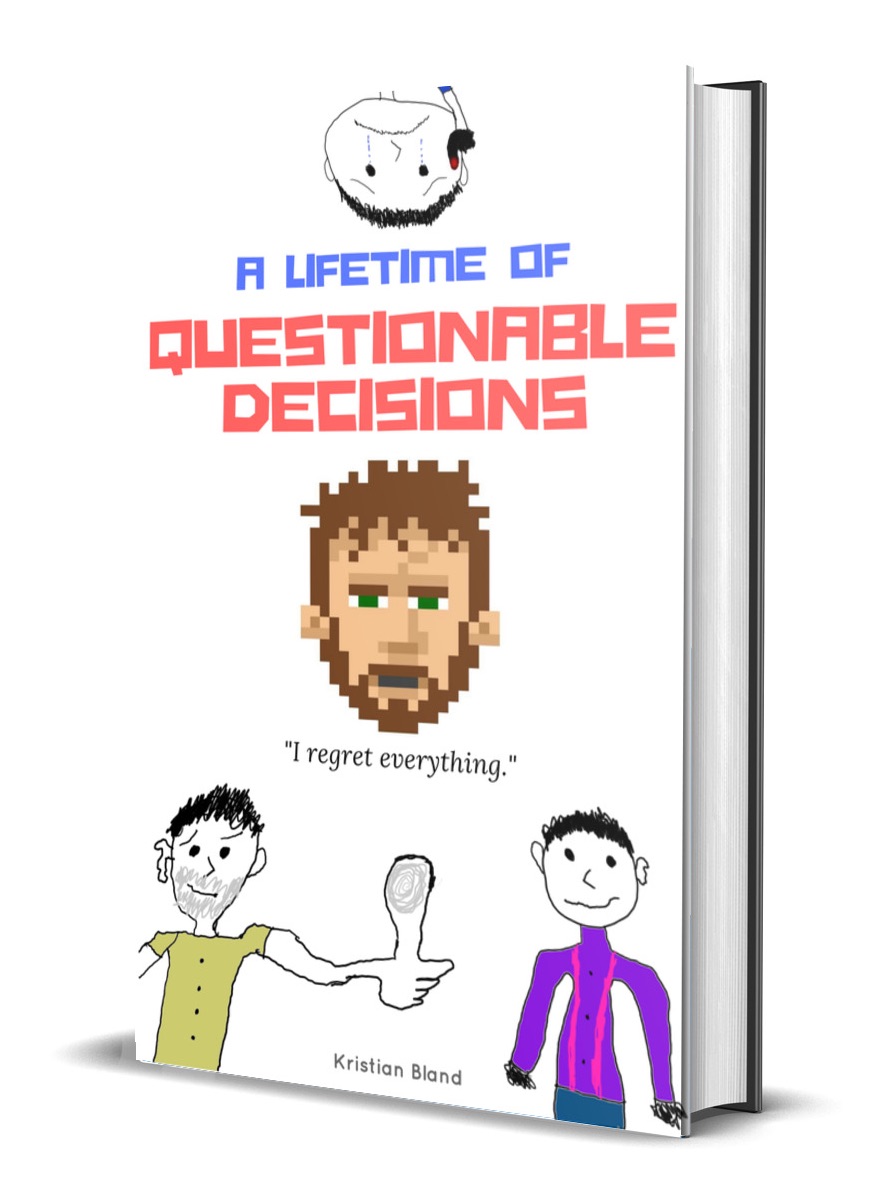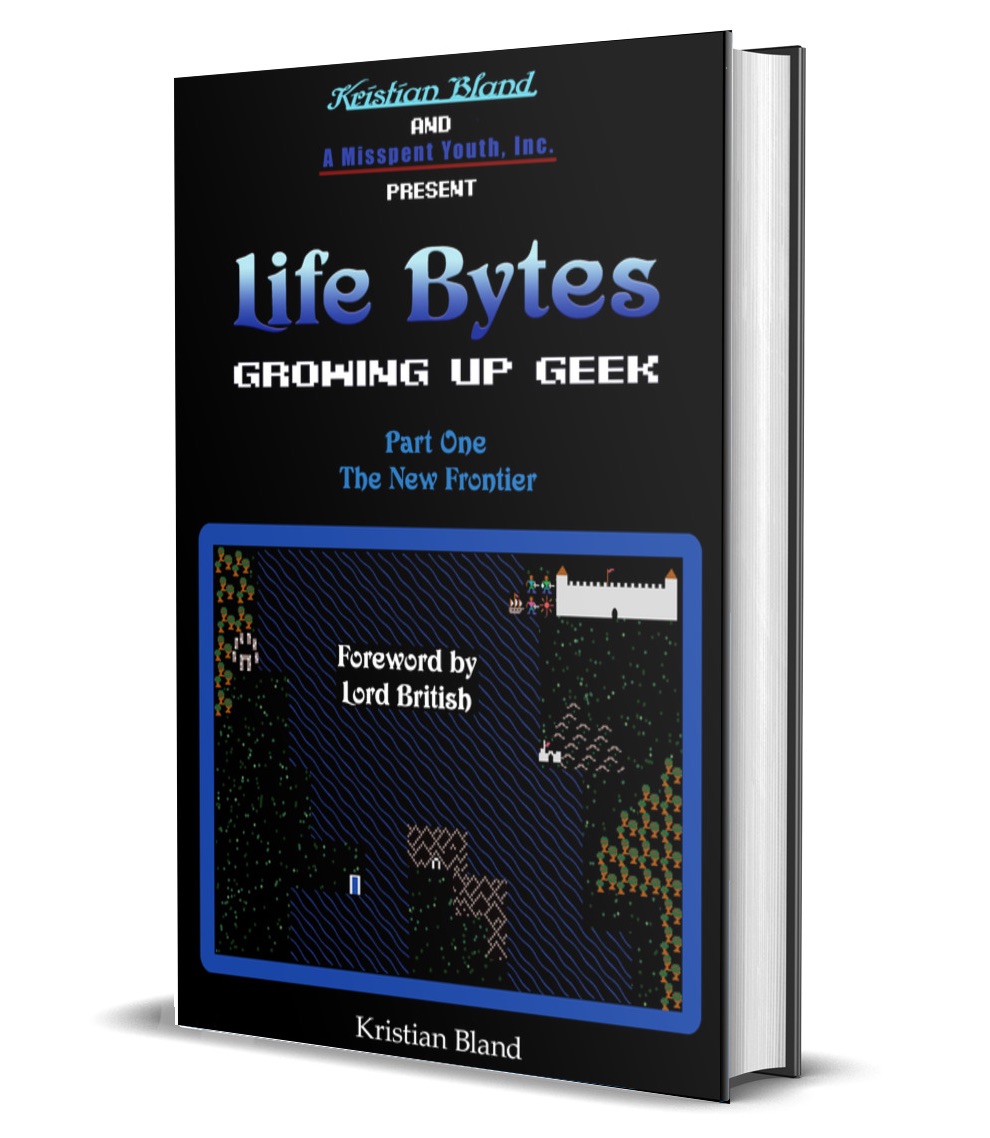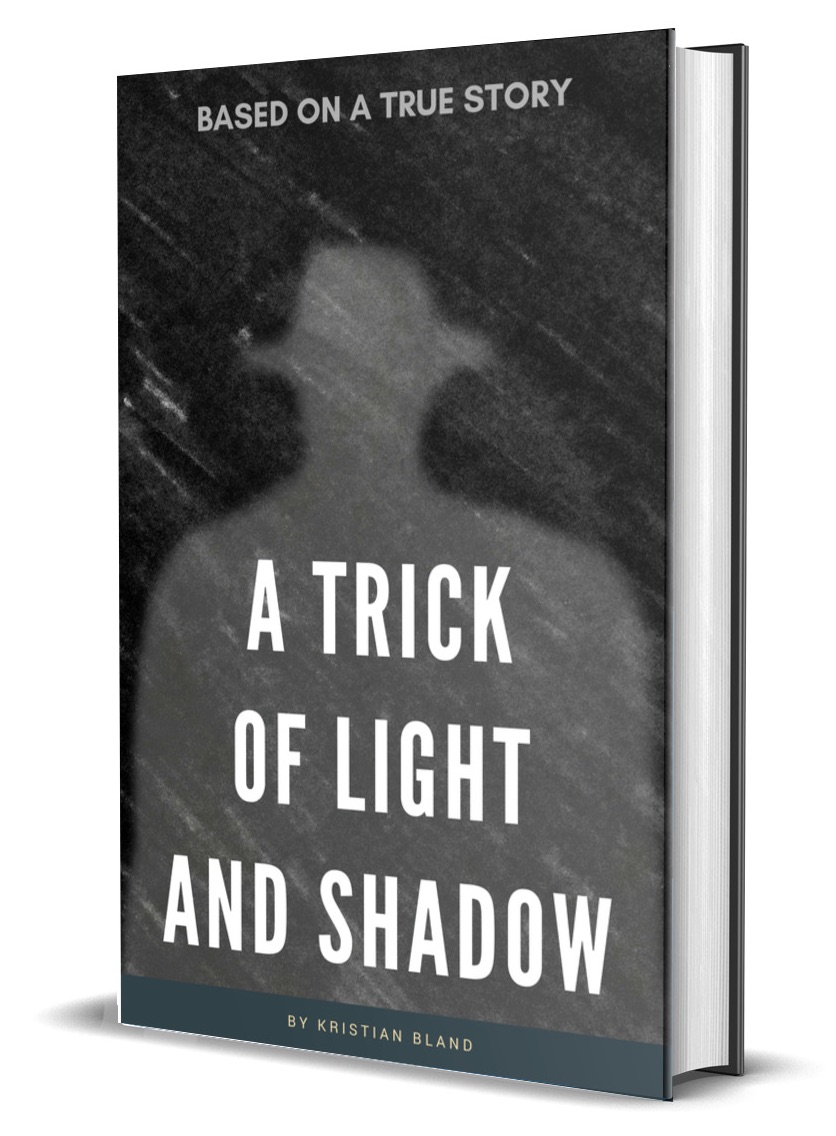Posted on March 8, 2022
Everything You Think You Know About Writing Is Wrong — Here’s Why
Good writing — valuable writing — isn’t about craft and talent and technique. It’s not about your unique voice, your special insights, or your original thoughts. It’s not about you at all. You aren’t interesting. Your thoughts don’t matter. Mine don’t, either. Nobody cares.
That may sound harsh, but it’s the hardest truth writers need to acknowledge and understand before they’ll ever be able to write anything of value. Because writing isn’t about the writer — it’s about the reader.
It doesn’t matter what you’re writing. Write a novel all about how your life got flipped, turned upside down and people might take a minute to just sit right there but they’re not going to listen while you ramble on for days about how you became the Prince of Bel-Air if every word you write is only about yourself. Your experiences, your reflections — how things in your life have affected you only matter to you. For your writing to have any value to a reader, it has to be about how your experiences may affect them.
If you’re writing an essay, a business article, a tech primer — it doesn’t matter. The only value your writing has lies in whether or not your readers are willing to give it the time and consideration every writer so desperately wants. The problem is too many writers don’t write for readers. They write in their own self-interests, to prove themselves to the world — then they’re surprised when no one reads their work.
It’s not their fault, though. This is how we’re taught to write. Writing is as fundamental as ABCs and 123s in school, and it’s taught that way — as a means to convey mastery of a subject rather than affect readers, which is why everything you think you know about writing is wrong.
Think about it. How were you taught to write? What was the purpose behind every paper you wrote in school? Was it to add value to a concept your teacher wanted to improve her understanding of or was it to prove that you’d mastered the material? Were your research papers designed to challenge the status quo, to solve a reader’s problem, or change their minds? Or were they to show that yes, you’d read the assignments, you’d passed the tests, and here’s the proof.
Readers don’t care if you understand a subject. If you’re writing about something, they will assume you already do. No one is reading your work to be convinced of your brilliance, your wit, or your expertise — so stop trying to prove it to them.
Consider any recent article you’ve likely read. How was it structured? How did it start? What was the body like? What’d you think of its conclusion? Chances are, it was the standard five-paragraph essay you’ve been writing (and reading) since high school, even if it had a lot more paragraphs, a bunch of subheadings, and looked a little different. It was still structured in the shape of an hourglass.
It probably started with a broad generalization, maybe including some explanation with a definition or two thrown in. After that, its focus likely narrowed a bit onto a few key points where the writer put a lot of effort into proving just how much they understood the assignment before wrapping everything up with another broad generalization summarizing everything you just read, assuming you even made it to the end.
Did the article provide any real value? Can you even really remember it at all?
The probability is high that you either never finished it or forgot all about the thing as soon as you’d clicked away and moved on to whatever you read next…which was likely another five-paragraph essay in disguise.
This is because people write how they were taught to write — to prove understanding — rather than how to write anything of value to readers. It’s why your writing is bad, why a whole lot of my past writing is just gawd awful, and why most of what you read on the internet is as forgettable as whatever the last thing you read was that you can’t remember right now unless you really think about it. And even then…
So how do you fix it? As with most things, the solution is very simple. Execution, on the other hand, gets a little tricky.
Write something of value to readers. That’s it. That’s the secret.
To know what your readers will find value in, you first need to understand who you’re trying to reach. Identify your audience and write for those specific people in a way that creates something they want to read. If you’re appealing to other subject matter experts or influential professionals in a specific field, you don’t need to explain generalities or define terms. They already know what the words mean. They already know what the problems are. They’re looking to you to provide solutions or at least enhance their understanding of a problem. They don’t care about your credentials, they’re not interested in your personal observations, and they certainly have no desire to listen to you try and prove yourself in a thousand words or less.
Writing is about the reader, not the writer — and your work has to offer something of value to readers that they can’t get anywhere else but your article, your essay, your novel. Whatever it is you’re writing, if you’re just trying to communicate your ideas, you’ve already failed. Instead, identify your readers’ ideas, then write something that will either add to their understanding or change how they think altogether. Don’t be timid and don’t waste time trying to prove you understand the material — punch hard, punch up, and punch fast. Nobody has time to read oceans of text about what matters to someone else. Readers want to read about what matters to them. Not you.
State the problem, show the reader why it’s costing them something (time, money, resources — everything has a price), and provide a solution that will either minimize that cost or provide a benefit that outweighs the expense. That’s it. That’s all your writing has to do to be valuable to a reader.
Of course, getting there is harder than it looks. For a reader to even consider your writing, it must be crafted well, with proper technique backed by a talented pen. The mechanics of writing are the things worth learning in school, even if we get them mixed up with purpose by the time we graduate. But when you get it right — when you’re writing at the highest level with the understanding that your work isn’t about you, and you’re instead hyperfocused on providing something of tangible value to the reader, they’ll remember your name. They’ll look you up, search for other things you’ve written, and come to rely on your voice as a leading expert in your field.
A valuable essay challenges readers with conflict and tension, for which it also supplies relief. Make your reader feel uneasy, force them to worry about a problem they might not have considered before, and show them the cost of not solving it. Give them a reason to be concerned, then calm them down by providing a solution. Write an article that saves your readers time, money, whatever the resource is — and you’ll have written something of value.
(Yes, I know. The mechanics of fiction work a little bit differently so don’t come for me. Still, the goal is the same no matter what you’re writing — write for your readers, not yourself. Stick to that basic idea, and the rest will come naturally.)
Don’t pull your punches, don’t self-aggrandize, and take yourself out of the equation. Nobody cares about you. Nobody cares about me. The only things readers care about are the words on the page and whether or not they add any value to their lives. The sooner you understand this one simple concept, the faster your writing will improve. Your articles will get more clicks, more shares, and more of that sweet, sweet recognition every writer craves — but you won’t get there by following the rules you learned in school. Those rules taught you how to write for teachers. You need to start writing for readers.
Write hard.
Write fast.
No mercy.









You must be logged in to post a comment.